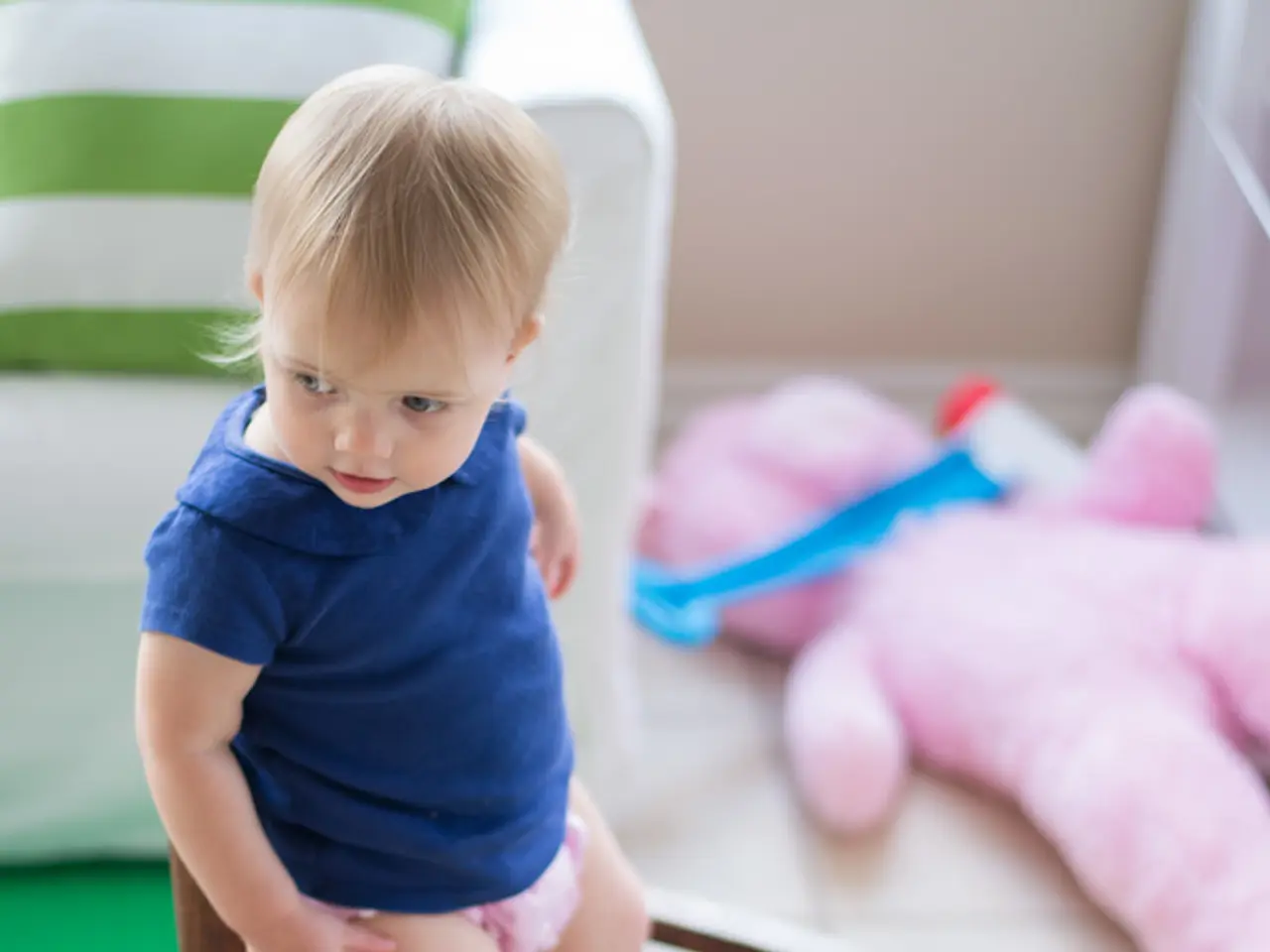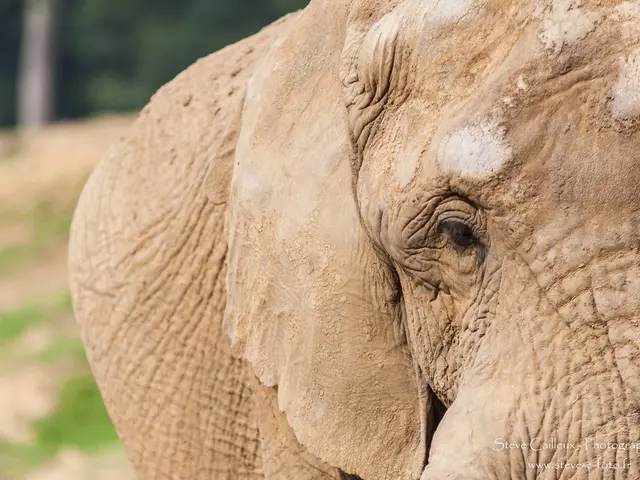AI Experts Warn of Imminent Dangers to Children due to Technology Advancements
In a groundbreaking development, a group of renowned experts in psychology, education, and pediatrics have issued an urgent warning about the potential impacts of Artificial Intelligence (AI) on young children during their critical developmental phase. The age range of focus is from birth to three years old.
The scientists, including esteemed researchers like Jael Bernath from ZHAW and Michael In Albon from Swisscom, have composed a statement that emphasises the importance of educating both youth and parents about AI's risks and opportunities. The document outlining their concerns can be found at this link: AI and Young Children.
The statement is gaining support from various institutions, including children's museums, which are being invited to express their support for the scientists' call to action. By signing on to support the statement, children's museums are demonstrating their commitment to the well-being and development of young children in the context of AI usage.
The scientists are concerned about the complexity of development taking place during early childhood and the potential for AI to influence this crucial period. They are urging the public to be aware of the potential impacts of AI on young children and are encouraging children's museums to join them in addressing the use of AI during the early years of a child's life.
The group of scientists, led by Ellen C. Roche, Kathy Hirsh-Pasek, Rachel Romeo, Dana Suskind, Kate Eulau, Jenn Zosh, Roberta Michnick Golinkoff, Natalie Evans, Michael Yogman, Kimberly Noble, Julia Leonard, Allyson Mackey, Stephanie Carlson, Ellen Galinsky, Angela Duckworth, Martha Farrah, Philip Zelazo, Kelly Shiohira, and Andrew Garner, have composed a comprehensive argument about the AI usage during early childhood development. The statement is open for endorsement from children's museums.
The invitation for children's museums to sign on to support the scientists' statement is part of the call to action for the public to consider the potential impacts of AI on young children during their critical developmental phase. The warning is a call to action for all of us to be mindful of the role AI plays in shaping the future of our young ones.
For more information or to officially support the scientists' statement, please contact Nina Aemisegger, Deputy Head of Communication at ZHAW Applied Psychology. Let us work together to ensure a safe and nurturing environment for our children in the era of AI.
Read also:
- Mourning a Mother's Death: Strategies for Daughters to Find Comfort
- Heed this: There's no more room for turning back.
- Distinguishing between a cold and allergies is crucial for providing relief to your children's respiratory issues
- Turbine operators in Thuringia now face the task of dismantling underpinnings.








